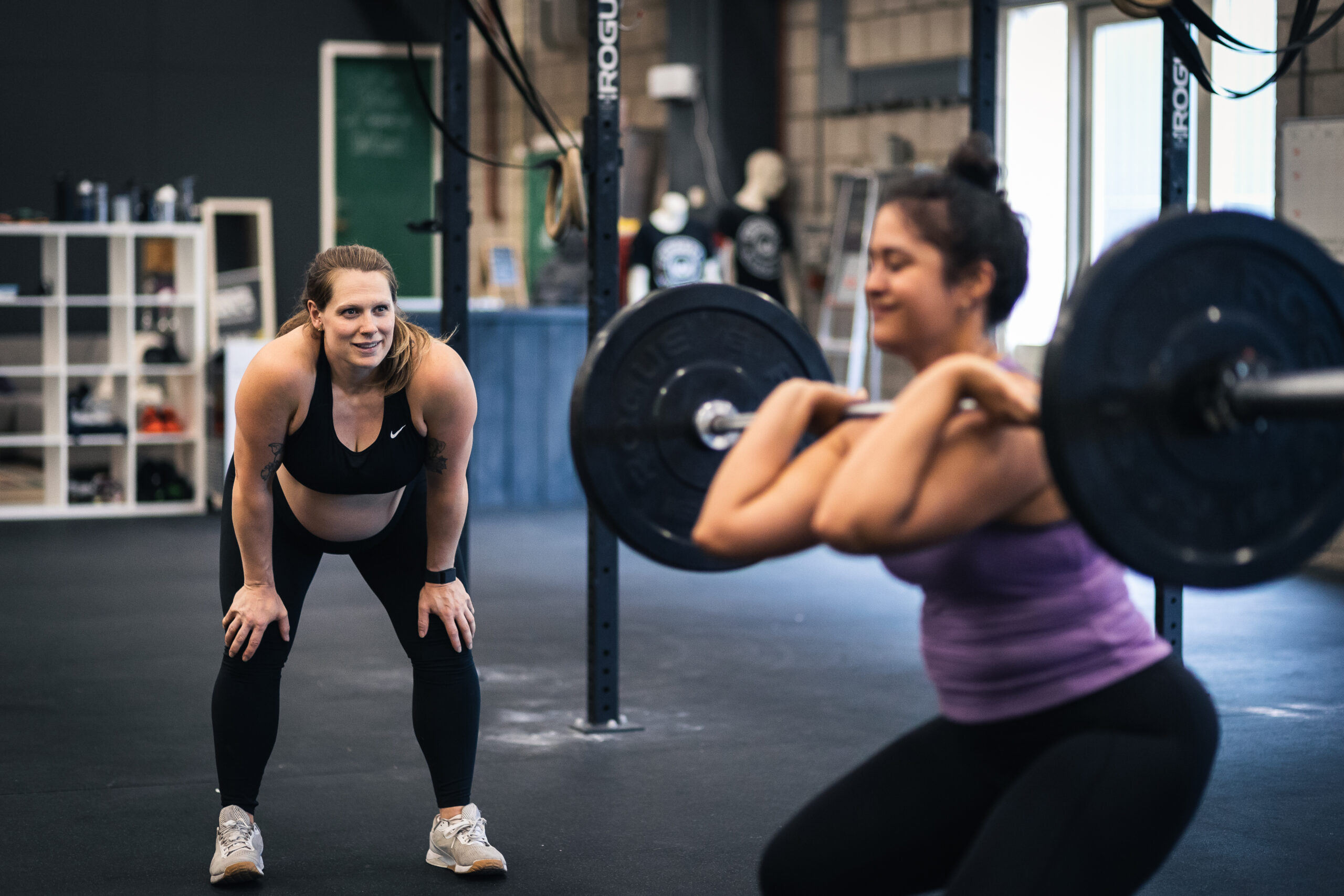
WHY YOU *NEED* TO STRENGTH TRAIN… NO MATTER YOUR GOALS
Here’s why all women need to strength train… no matter their goals. Here’s to staying strong through babies, menopause and beyond.
When it comes to supplementing your nutrition to improve your training, we know where we stand: the simpler your supplement routine, the better.
Because aside from the “big 3” of scientifically proven and reliable supplements (caffeine as a stimulant, protein as a dietary aid & creatine) the truth is that the supplement industry is the wild west of nutrition.
But all that said, there are a few we can comfortably rely on, and one of those is creatine.
And you should very, very likely be taking it.
Creatine is an organic compound naturally produced in your body – mostly in your liver – which facilitates the recycling of adenosine triphosphate, primarily in muscle and brain tissue. Basically, it helps us produce energy quicker while we work out. The more we have, the more energy we have for our workouts (and the more we give our bodies the stimulus to recover stronger).
Creatine is also found in foods we eat – mostly protein-rich foods like red meat and fish – but we don’t get too much this way, so supplementing it is likely a really good idea. When you creatine buy it in supplement form, it is a flavourless white powder you can get as, well, power, or in capsules or tabs, depending on what you like.
I get the concern. It’s tough not to overlook the way creatine has been marketed, mostly to men (are we surprised?) and mostly under the guise of blowing them up and helping them gain tons and tons of mass. But that just isn’t true… for them OR us.
As we noted earlier, after more decades of study than any other supplement, it’s come out a proven ergogenic aid for increasing strength, power, and athletic performance. More performance = more results. But beyond that, creatine has a loooong list of other beneficial impacts for women.
Let’s clear it up.
Creatine supplementation has also demonstrated improved brain function and a reduction in mental fatigue during stressful mental tasks. Strong bodies AND strong minds.
Creatine has been shown to act as a possible countermeasure to menopausal decreases in muscle by reducing inflammation and oxidative stress – that means more lean muscle mass for our muscle-grandmommy eras.
A key factor in several neurological diseases is a reduction of phosphocreatine in your brain. Since creatine can increase these levels, it may help reduce or slow disease progression.
Quite literally yes. AND it is relatively inexpensive (3-5 grams of creatine monohydrate is all you need!), easy to take (there is no “loading phase” necessary, just start off with your regular daily dose), and has shown no adverse effects on healthy humans after decades of daily use.
With no risk and so much to gain, most of us find creatine to be a worthy addition to our daily routine. And hey – if you have any questions about how creatine fits into your routine, we’re right here to help!

Here’s why all women need to strength train… no matter their goals. Here’s to staying strong through babies, menopause and beyond.

Here’s all you need to know to train smart in pregnancy, heal your diastasis recti and build a strong postpartum core.

If you’re logging kms on the road but neglecting the strength training, here are 5 reasons you might want to start reaching for the weights.

From less pain to better sleep and mood, here’s why prenatal and postpartum strength training makes motherhood easier.